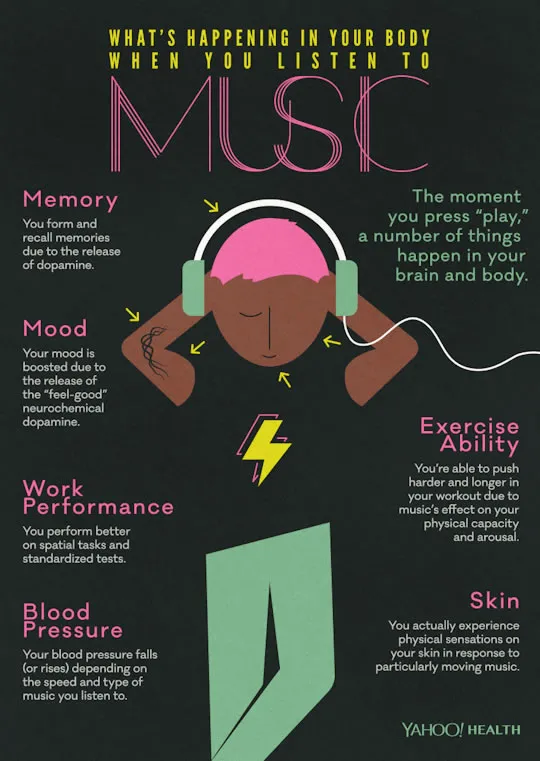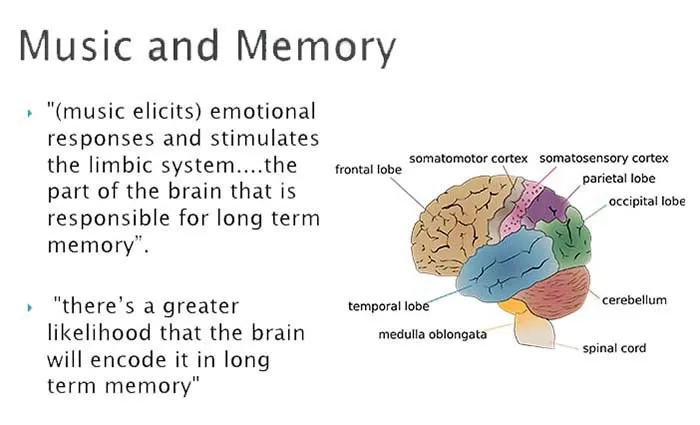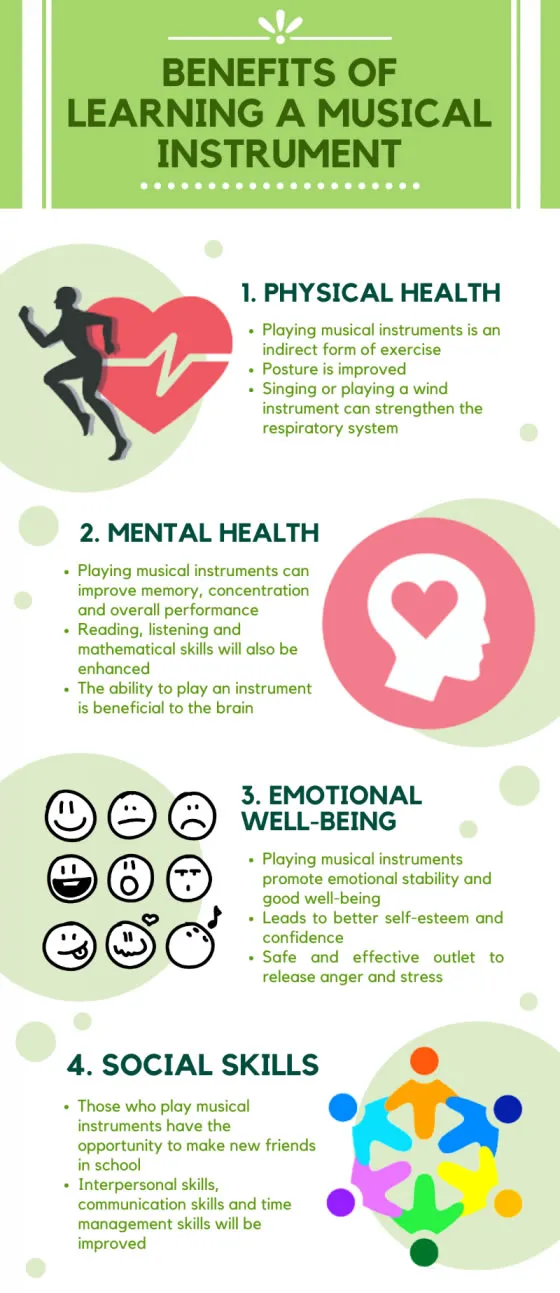
The Science Behind the Soundtrack
Although the magic of music may seem so, its efficacy is not by itself. Advertisers use interesting jingles to attract their customers because they understand the science behind that. When music is listened to, our brain activates in a number of regions such as those that process feelings, memories and motion. Dopamine can be released in response to fast rhythms which may lead you to an energized and jovial state as it is a neurotransmitter related to pleasure and reward. However, slow, melancholic/happy melodies can awaken areas connected with sadness or nostalgia. The harmonious relation between music and neurochemistry does the fact that some certain songs immediately boost your mood or send you into wave of emotions explaining it well.
Different sectors understand the significance of this strong bond. Directors choose, in a very detailed manner, soundtracks that will create a suitable emotional background for their scenes. This is an interesting fact: filmmakers and advertisers exploit catchy jingles to create appealing brand associations. In addition, online casinos such as yuki-casino.com make use of well-selected soundtracks to set the tone of the game. Energetic music incorporated in online games keeps players lively and addicted whereas those that require strategy and concentration usually have more calm audial environment. Through the manipulation of soundscapes, game centers subtly affect player behavior systemwide.
Music: A Memory Maker
One of the most interesting things about music is how it can be linked to our memories. Certain songs act as a time machine, that can take one back in time and one can easily picture themselves in a particular moment, remember all the details such as sights, smells and even those who were present at that time. The songs which are made romantic under the magical touch of slow music, winners’ anthem with their victorious moment or children's movie intertwined with innocence – these songs become emotional pegs holding us to our past.
This phenomenon exceeds far nostalgia. Studies imply that music is capable of boosting memory formation and recall. The rhythmic and melodic aspects of music help to structure the process of information entering the memory, thus it becomes easier to recollect minute particulars attached to a certain tun Africa-Asia... Moreover, the emotional bond we get from music supports the memorization

The Power of Shared Melodies
Of all the arts, music is clearly the one which crosses all cultural barriers, setting up unity within the community and an overall sense of belonging. Whether we sing along at a live concert, join an a choir or exchange our favorite playlists with friends – these are the kind of things that help us find people who like what we like. Music creates a platform on which to connect with others, it is linguistic in nature and goes beyond just words spoken giving room to making relationship with same spirit bearers.
The force which unites people worldwide is demonstrated by this power. In many societies folk music of old recounts stories and communicates accepted morals thus fostering a sense of cultural identity. As well as this, the bringing together or disparate groups occurs at musical celebrations and concerts with certain musician or group being events' focus.
The Musician Within: Playing for More Than Pleasure
Musical instrument training courses give much more that the ability to produce a nice tune. There are many researches proving the fact that music education can enhance such cognitive skills as coordination, spatial learning and language acquisition. Learning the art of playing an instrument involves self-control, concentration and solving problems which in turn leads into building self-confidence and determination whereas this music certainly reduces your stress levels and calms down your brain
One important use of music is self-expression. Learning how to play an instrument helps us to delve into our feelings and express them in a way that words cannot contain. Music, no matter it be the raw energy of a rock solo or the gentle beauty of a classical piece, gives you the opportunity to express your inner self.

The Final Notes
In the end, music is the only force that exploits all parts of our lives. It chisels our moods, memories and in addition cognitive functions. It could be a catchy pop song that moves our bodies or a heartfelt ballad that affect our emotions, this is how music will do in many ways to make your life better. So next time you put on your headphones or attend a concert, take a moment to appreciate the incredible power of music and the profound impact it has on who we are and how we experience the world.






























